A program in the United Kingdom to allow members of the armed forces to discuss military secrets using a smartphone will now involve a modified iPhone 7 with hardened security, replacing insecure Android devices
BT, the telecommunications company working on the UK Ministry of Defence (MoD) project, intends to use the iPhone 7 as the "device of choice" for secretive communications, reports TechRepublic. Steve Bunn, BT technical business manager for defense, advises the iPhone 7 is being modified so it can switch between different modes of operation and levels of security, depending on the sensitivity of information involved in the call.
"We've been working very closely with [the MoD] to develop what we've commonly called a 'dual-persona device," said Bunn. "Essentially [it] means you can have voice at official and at secret."
Aside from allowing secure communications between personnel, work is also being put into making the iPhone useful for retaining sensitive data. "Secure storage containers," presumably involving some form of hidden or encrypted files and folders, could allow mission-critical secrets to be stored for later use, and could potentially be used to transport data between locations without broadcasting it over networks.
Due to security reasons, BT officials were not able to provide further details about the iPhone 7's customization.
The project didn't originally use an iPhone at the start, with BT opting for the Samsung Galaxy Note 4, but that changed. "As more and more development and testing was done, the security wasn't deemed to be sufficient," states Bunn, with the iPhone's security credentials making it a more viable device.
BT business development director Derek Stretch notes there's another compelling reason to move to the iPhone. According to Stretch, the iPhone 7 is already widely used within the MoD for various purposes, which potentially makes deploying the more secure versions easier for both support teams and the users.
The switch to the iPhone 7 for security reasons goes against the smartphone market trend of high-security devices, such as the Boeing Black and the Silent Circle Blackphone. These high-priced smartphones usually employ a modified version of Android's that adds in more security-minded functions than the standard release used by manufacturers while also removing unneeded functionality.
By comparison, the difficulty of thwarting iOS security has forced parts of the U.S. government to take measures to try and weaken encryption with backdoors, though this is being met with resistance.
 Malcolm Owen
Malcolm Owen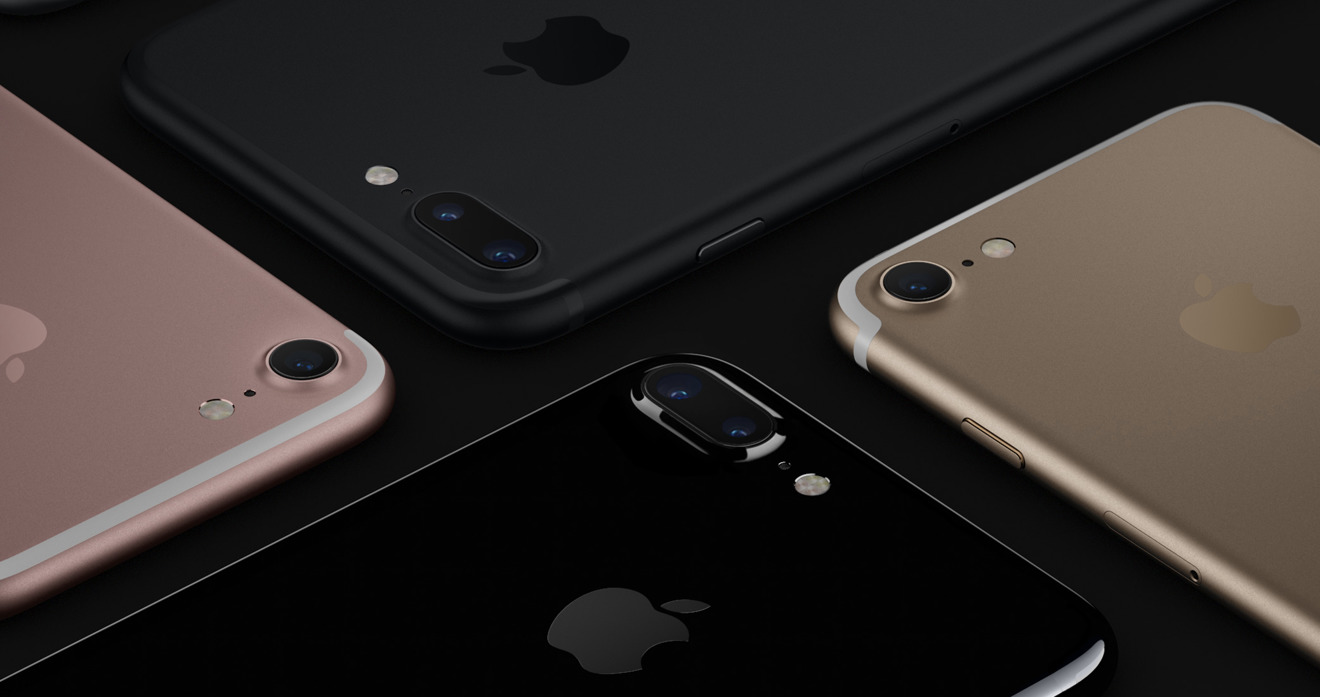







-m.jpg)





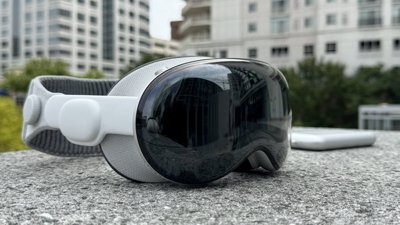
 William Gallagher
William Gallagher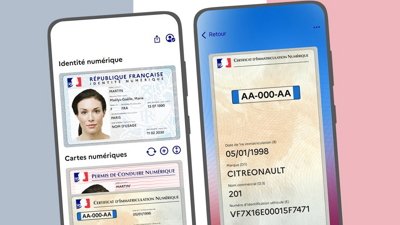
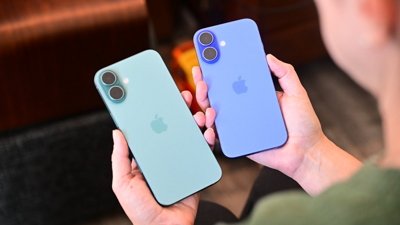
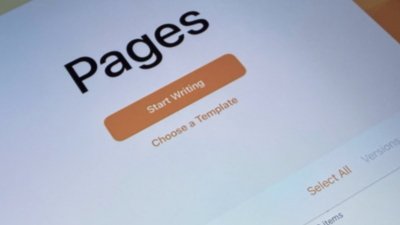

 Chip Loder
Chip Loder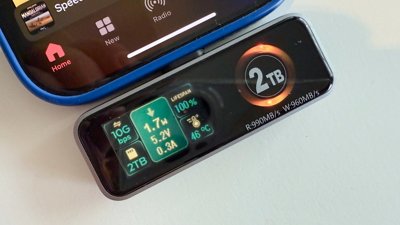
 Mike Wuerthele
Mike Wuerthele


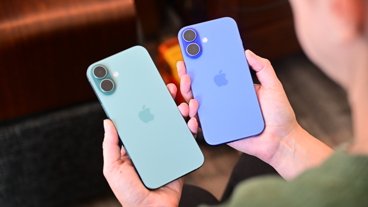

-m.jpg)





31 Comments
On the one hand they want access to everything we do and on the other...
How can this be when Samsung advertises its Knox solution as THE secure solution? \s
http://www.samsung.com/us/business/security/knox/
Apple already offers full encryption for storage, messaging, mail, video conferencing and fingerprint secure enclave along with the routine BT, Wifi security features. The cellular voice is not encrypted but there are VoIP apps that are readily available that are. Not sure what the UK needs to do for more security, and how exactly do they get at the underlying OS architecture to make their modifications? It seems like they would need Apple's help and approval or they might be jailbreaking them, but that seems like it could create a less secure environment rather than a more secure one.
Anothe click bait article. I would say this is total surprise if true. I worked alongside the team developing dual persona on Android for the mod, but not with supplier BT. This just wasn't feasible on iOS at the time due to Apple controlling all the gates and keys. If an mod phone talked to Apple servers it's not secure, so if BT has implemented such a solution without apples involvement it will be dead on arrival.
Sounds like BT doesn't have the skills to create a secure phone.
Perhaps the techrepublic article is fake news, no other press release from BT on this.
Why would BT give this exclusive story to techrepublic? If it was true it would be in the UK publications, anyone found another source?